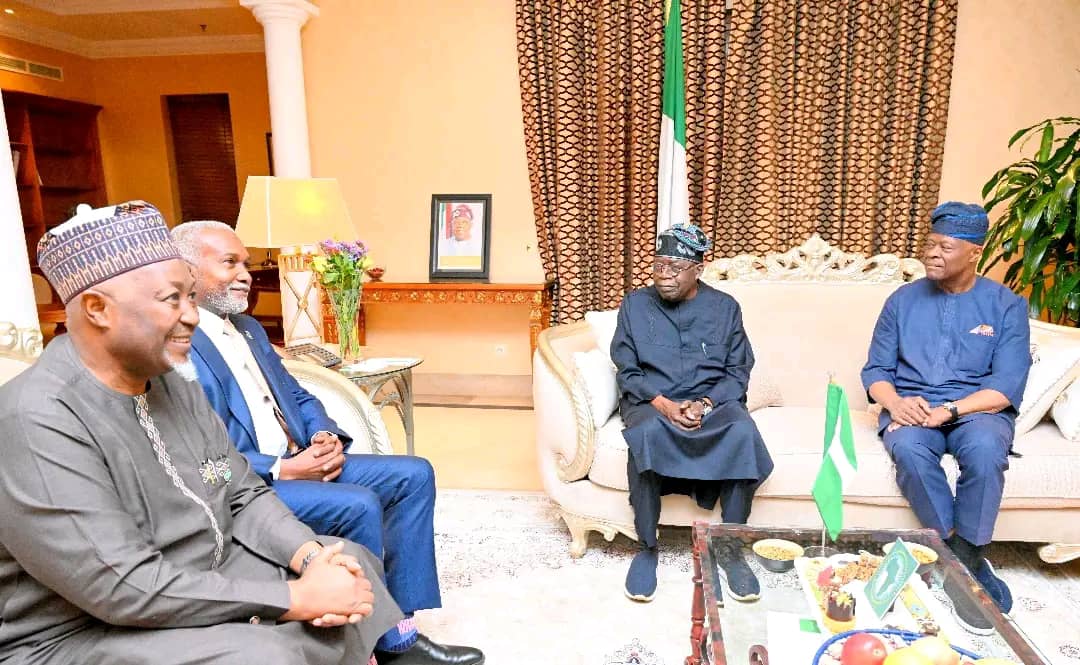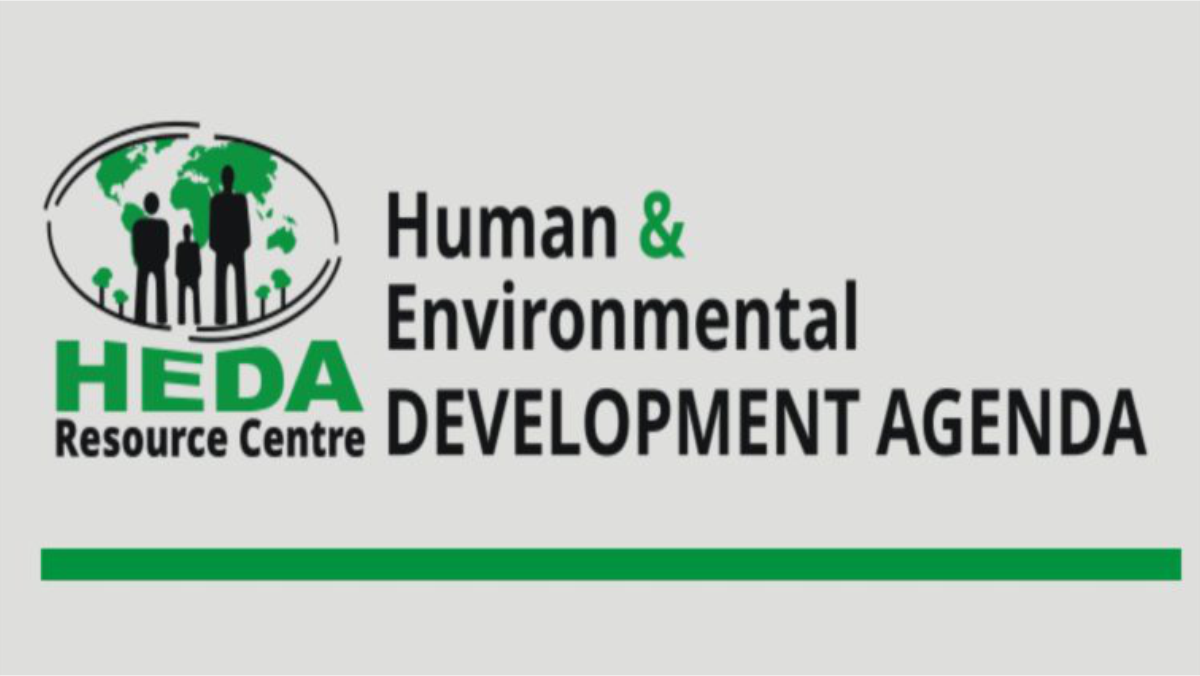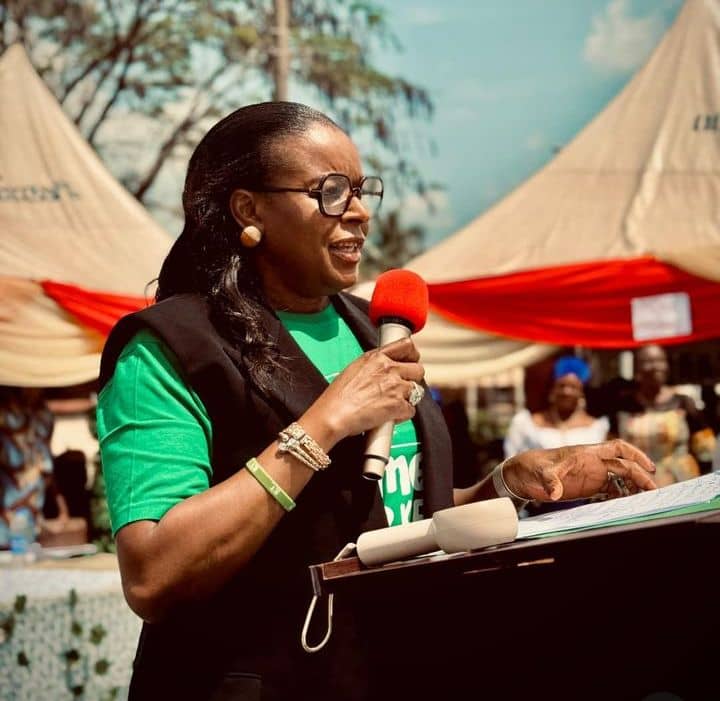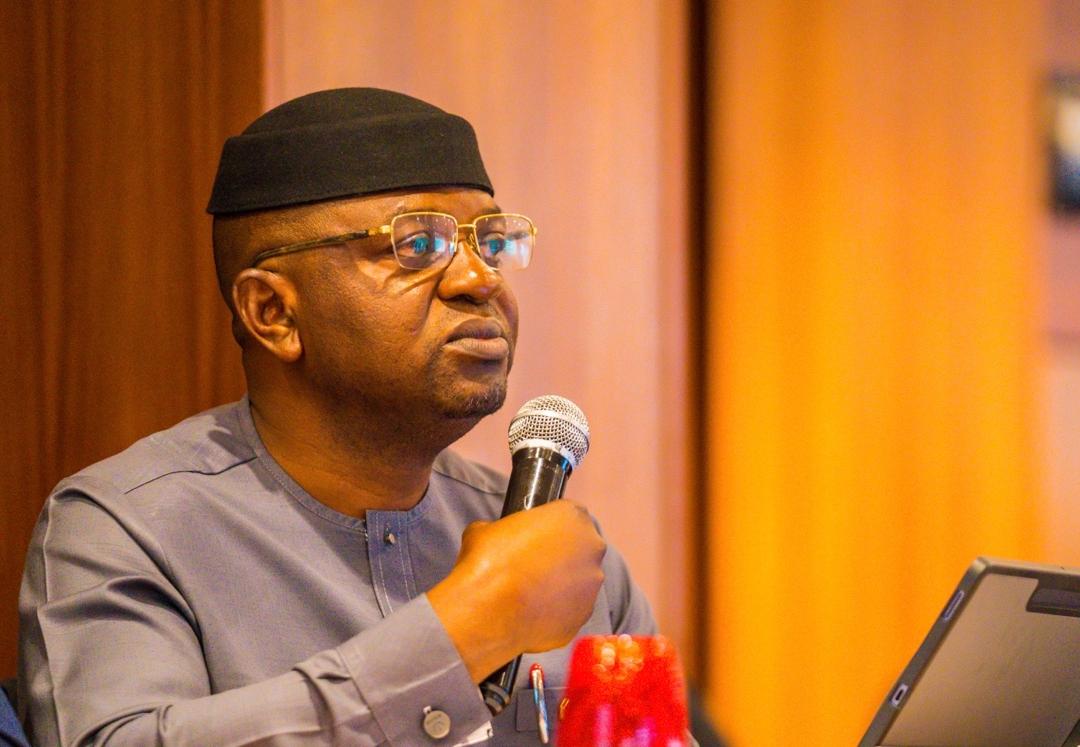Previous Amendments Failed to Address Nigeria’s Governance Challenges, Senate Declares in Lagos Constitution Review Hearing

Senate laments rejection of key proposals by state assemblies as stakeholders demand genuine federalism, state police, stronger traditional institutions
By Fatima Saka
Lagos, Nigeria – The Nigerian Senate has admitted that previous constitutional amendments failed to resolve fundamental governance challenges affecting the country, particularly proposals around state policing, devolution of powers, and recognition of traditional institutions.
This was the central observation at the South-West Zonal Public Hearing on the review of the 1999 Constitution (as amended), held on Friday at the Water Crest Hotel in Ikeja, Lagos. The forum drew key political leaders, royal fathers, and legislators from across the South-West.
Speaking at the event, Deputy President of the Senate and Chairman, Senate Committee on the Review of the 1999 Constitution, Senator Barau I. Jibrin, noted that five prior attempts at amending the constitution had only partially succeeded due to lack of national consensus and rejection by state assemblies.
Represented by Senate Leader and Vice Chairman of the Committee, Senator Opeyemi Bamidele, Jibrin lamented that proposals such as the creation of state police, formal recognition of traditional institutions in governance, and deeper decentralization of powers had been consistently voted down at the subnational level.
“These unresolved issues have continued to dominate public discourse and demand more than just routine law-making,” Jibrin said. “They cut across electoral reforms, judicial efficiency, local government autonomy, gender inclusion, security, and enhanced roles for traditional authorities.”
Jibrin stated that the committee had reviewed hundreds of memoranda submitted by Nigerians and translated them into proposed bills to be refined through wider consultation.
“We are here to listen. We do not bring preconceived positions but are committed to integrity, inclusiveness, and patriotism,” he told the audience.
Also speaking, Lagos State Governor Babajide Sanwo-Olu—represented by his deputy, Dr. Obafemi Hamzat—called for the pursuit of genuine federalism, restructuring, and devolution of powers as essential steps toward a more functional federation.
He highlighted the importance of empowering local governments, reforming the judiciary and electoral system, ensuring gender and youth participation in governance, and enhancing security through state policing.
“These issues strike at the core of our identity as a nation,” Sanwo-Olu said. “The decision to hold this hearing in Lagos reflects our central role in shaping Nigeria’s democratic future.”
He urged the Senate to ensure the outcome of the review reflects inclusivity, equity, and justice, noting that constitutional amendments should be people-driven and responsive to the aspirations of Nigerians.
In his remarks, Speaker of the Ekiti State House of Assembly and Southwest Chairman of the Conference of Speakers, Rt. Hon. Adeoye Aribasoye, pledged the commitment of state assemblies in the region to the review process.
“When the proposals are transmitted, we shall consider them purely on the basis of national interest,” he assured.
READ ALSO: FG, Nestlé Nigeria Partners to Improve Water Quality Management Nationwide
Youth power meets innovation at NSSF inaugural ‘WeNaija Innovators Pitch’
Traditional rulers present at the forum—including the Ooni of Ife, Oba Adeyeye Enitan Ogunwusi; Ewi of Ado-Ekiti, Oba Adeyemo Adejugbe; Ayangburen of Ikorodu; Olu of Ilaro; Oluyin of Iyin Ekiti; and others—also pledged support for reforms that will strengthen traditional institutions and promote national unity.
Since the return to democratic rule in 1999, the National Assembly has enacted five sets of constitutional amendments. However, many critical governance issues remain unresolved, fueling calls for a more holistic, inclusive and consensus-driven reform process.





